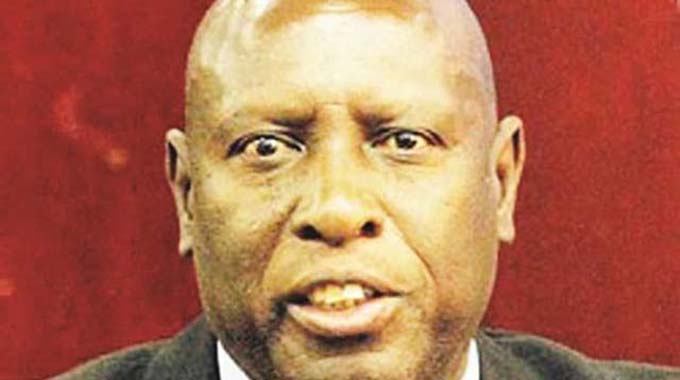Paul Mkondo’s forgotten book

Beaven Tapureta Bookshelf
It is a hurting truth in literature circles that sometimes a writer’s death marks the end of his or her writing legacy being remembered and promoted.
The world of readers lose so much when the deceased writer leaves a debut or multiple manuscripts unpublished in the hands of relatives who, not knowledgeable about the publishing process, also simply let the work lie dormant.
In Zimbabwe, authors who have died and left behind a handful of unpublished manuscripts are many. Some of these writers may have had published, hence made an impact, but others simply leave unpublished what could have been masterpieces.
A decade ago, the late Paul Tangi Mhova Mkondo, insurance and banking guru whom many Zimbabweans remember for his Shona radio programme in the 80s called “Mari neHupenyu Hwevanhu”, turned his vast experience into a book he titled “Money and Life”, an unpublished autobiography. Eluding the limitation of the unwritten, he wrote this rich book in simple English language to reach out to many local people whose lives were his concern. Do you remember his famous words “hupenyu hwenyu idambudziko remoyo wangu’ and that tune ‘itai sendi sendi, inini ndachona” on his radio programme.
“Money and Life” is one of those non-fiction books written in non-academic, autobiographical style which are becoming common these days as men and women who have gathered so much experience and wisdom in their various fortes are turning to the written word, originating informative, timeless works.
Mkondo loved his country that he believed his book will forever benefit generations of Zimbabweans and seal that love once it got published but that was never to be. Although the book got half way through the editing process, he died before it reached its target audience. And sadly, the book was forgotten, and possibly cancelled out of the deceased’s estate. Today it lies dormant in the hands of the editors, with Bookshelf having had taken part in the initial editorial stages of the book, awaiting the relatives’ advice but it indeed has been a long wait!
It would be a blessing to all Zimbabweans if “Money and Life” is to be advanced into a published book as the author intended. It is high time we start valuing the role of relatives in partnership with literary organisations or publishers in the management or promotion of a deceased writer’s literary estate during life or after death. Where is the late Paul Mkondo’s family? This previewing, we hope, will raise the call for the family to remember the present which Mkondo left incomplete for his people.
The greatest value of this almost 50-chapter, unpublished “Money and Life” is in its simplified analysis of money and its multi-dimensional influence on people’s lives.
The chapters handle subjects or ideas relevant to Zimbabweans today that a student or an executive in the banking and insurance sector and even the Government cannot do without it as the manuscript serves great purpose in issues of the national budget.
Mkondo historically examines money before colonialism (eg barter trade), money during colonialism, that is, the introduction of the British money and money after Independence, that is, the introduction of local currency. Furthermore, money and how it influences the different age-groups, societal classes, cultures and many other human aspects.
The people Mkondo met mattered and it is from them that observed the brass tacks of how money works. For instance, a successful old widow in Hwedza who contributed to the development of her society inspired Mkondo to jot down the narrative chapter in which he emphasises the importance of the customer and the surroundings.
“The customer and the environment need a share of service from the local businessperson known as societal budget or environmental budget. A businessperson like Mai Maruta who takes positive advantage of the environment and its customers will be guaranteed future growth, more income and long existence,” writes Mkondo.
In fact, many chapters start with a narrative from which Mkondo then does his analysis and offers very wise tips on how money played a positive or negative role. For example, there is the motivational story of Kudzai, the girl who made it or Jack who, once a feared company CEO, loses the “game” to become a beggar!
Mkondo’s biography displays a man who indeed pursued his passion in money matters and educated them at every moment. We are always wondering, what is money? The answer, in its simplest form, is within the pages of his masterpiece which is locked due to irresponsibility on the part of the author’s estate managers.
Apart from being popular on radio, Mkondo was also a patriot during the liberation struggle and after Independence. At the time of his death in 2013 in Harare, he was the national vice president of the Indigenous Business Development Centre.









Comments